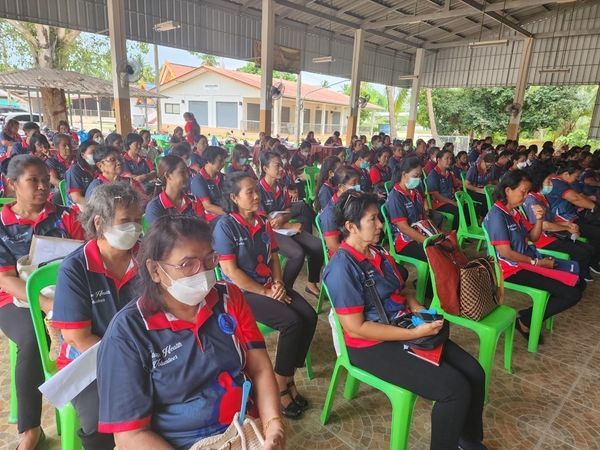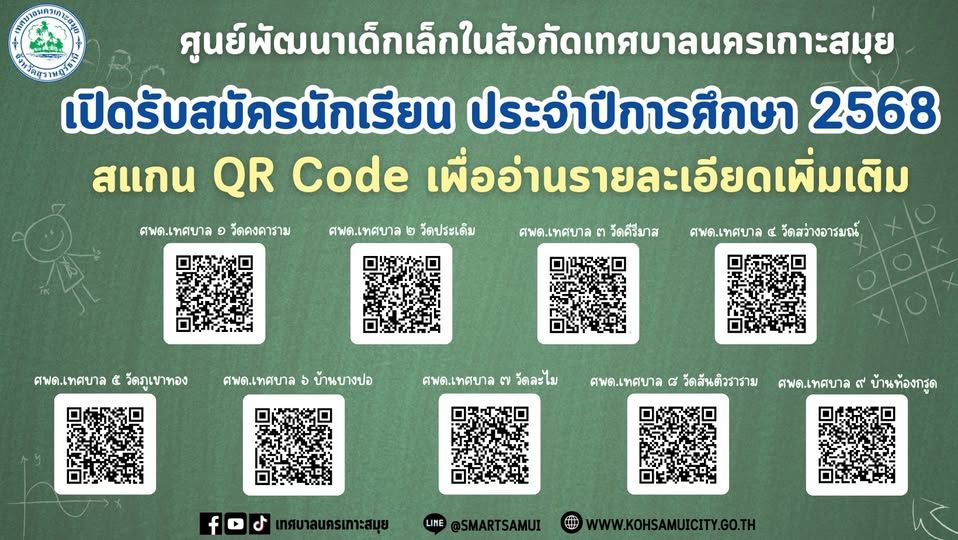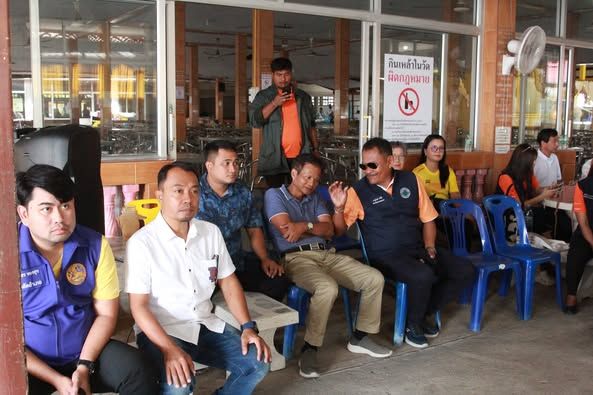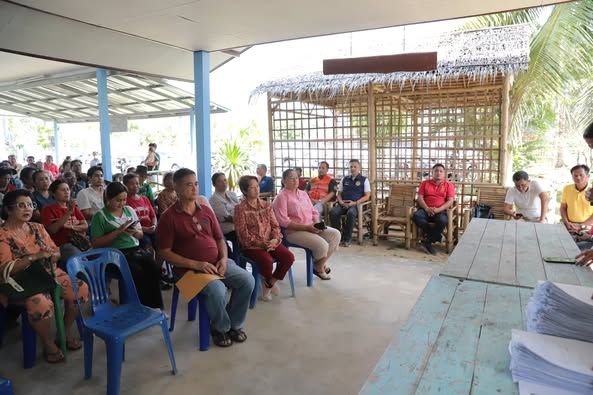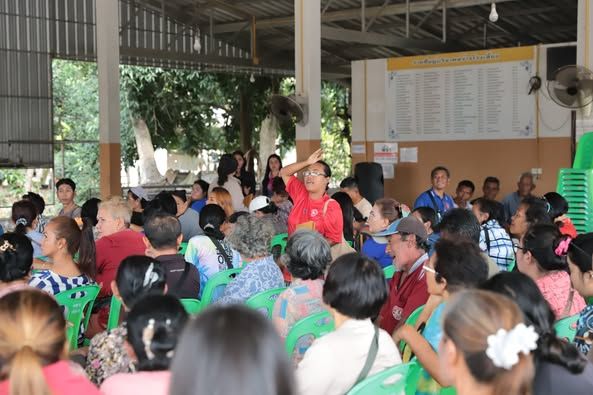Introduction
In an effort to improve public health, village health volunteers in Lipanoi Subdistrict, Koh Samui District, Surat Thani Province, have launched a campaign focused on the prevention and control of dengue fever, Chikungunya disease, and iodine deficiency diseases. This article outlines the objectives, strategies, and impact of this comprehensive campaign.
Dengue Fever and Chikungunya Disease: Prevention and Control
Background
Dengue fever and Chikungunya are mosquito-borne viral diseases that pose significant risks to public health. The primary goal of this project is to reduce the incidence of dengue fever and foster cooperation among citizens and community organizations to effectively control and prevent the diseases.
Strategies
The campaign, launched on July 17, 2013, was initiated at Wat Don Thoop, with support from municipal officers from the Health and Environment Department of Koh Samui Municipality. Some of the key strategies employed by the project include:
- Raising awareness about the diseases, their transmission, and prevention methods
- Encouraging regular cleaning and removal of stagnant water sources to prevent mosquito breeding
- Promoting the use of mosquito repellents, nets, and screens to reduce the risk of mosquito bites
- Advocating for early diagnosis and appropriate medical care for suspected cases
Iodine Deficiency Diseases: Voluntary Prevention
Background
Iodine deficiency is a significant public health issue that can lead to various disorders, including impaired cognitive development and growth. This project aims to reduce the prevalence of iodine deficiency diseases by increasing awareness and promoting the use of iodized salt.
Strategies
Ms. Patama Butul, an operational public health academic, served as a lecturer for the project, delivering educational sessions to inform the public about the importance of iodine in their diet. The primary strategies employed by this project include:
- Educating the community about the role of iodine in thyroid hormone production and its impact on brain development and body growth
- Promoting the consumption of iodized salt as an essential source of iodine
- Encouraging food manufacturers to use iodized salt in their products
Seeking Support from the Koh Samui Municipality Health Insurance Fund
The village health volunteers of Lipanoi Subdistrict, Moo 1, wrote and submitted the project proposals for both campaigns to request budget and material support from the Koh Samui Municipality Health Insurance Fund. Their efforts reflect the strong collaboration and commitment of local communities in improving public health.
The Way Forward
The success of these projects depends on the continuous and active involvement of the community, government, and other stakeholders in implementing prevention and control measures. By working together, it is possible to significantly reduce the prevalence of dengue fever, Chikungunya disease, and iodine deficiency diseases, ultimately improving the overall health and well-being of the population.
